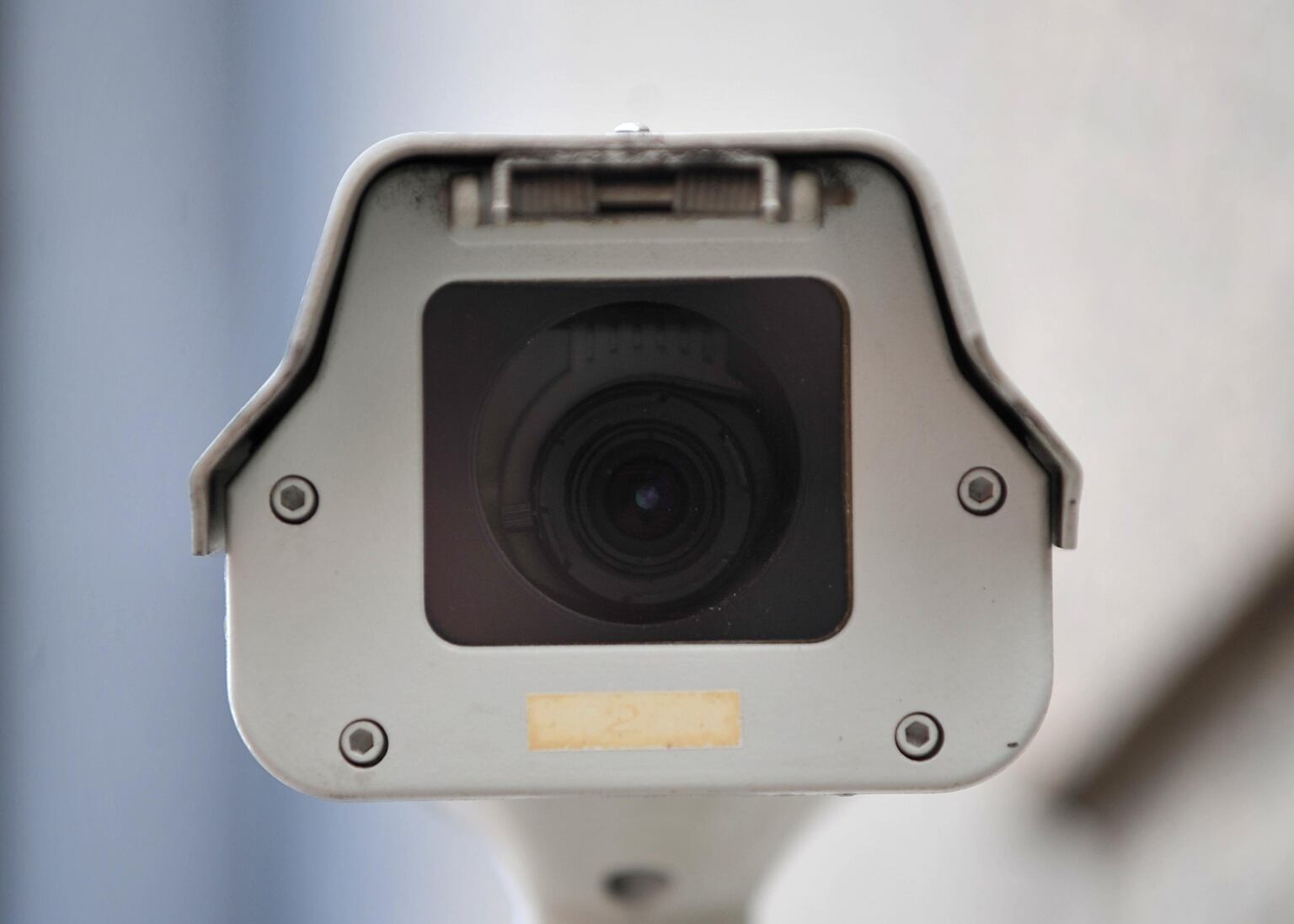Legal Action Leads to New Security Measures at Ports
A significant development has taken place in Northern Ireland following a legal challenge by a Belfast-based republican. The Police Service of Northern Ireland (PSNI) has agreed to install video and audio recording equipment in all ports, including sea and airports, as part of a court settlement.
The case was initiated by Jacqueline McClafferty, a North Belfast woman who belongs to a well-known republican family. She is also a member of the Irish Republican Prisoners Welfare Association, an organization that supports republican prisoners and their families. Ms McClafferty took legal action after she was stopped by police under the Terrorism Act while passing through Belfast International Airport in 2022.
This incident followed previous instances where republicans have raised concerns about being detained by PSNI officers or suspected MI5 personnel while traveling through ports in Northern Ireland and abroad. In 2021, Ms McClafferty was convicted under the Terrorism Act for obstructing or frustrating a police examination at Belfast City Airport. She faced similar charges again in 2022 at Belfast International Airport.
The recent legal action was sparked by her 2022 stop. As part of the process, the PSNI has agreed to introduce video and audio equipment at all local ports. This decision marks a major shift in how the police handle stops and questioning under Schedule 7 of the Terrorism Act.
Ms McClafferty was stopped again this April at Belfast International Airport. On this occasion, the PSNI admitted that she had not given consent for fingerprint and DNA samples to be taken. Her solicitor, Michael Brentnall from Brentnall Legal, highlighted the importance of accountability and oversight during such procedures.
“Our client’s challenge related to the failure of the PSNI to have any semblance of accountability or oversight during stops and questioning under schedule 7 of the terrorism act in ports and airports,” Mr. Brentnall stated. “We had sought to ensure our client’s rights were upheld by the introduction of CCTV and audio recordings during the course of such procedures.”
He added that the PSNI has agreed to install both video and audio recording systems during these processes. However, he warned that if the PSNI fails to fulfill its obligations, the matter could be returned to the High Court.
In response, a PSNI spokeswoman said the force follows the “Codes of Practice for Officers using Examination Powers at Ports.” According to these codes, officers must use suitable audio recording facilities when detaining individuals under relevant powers.
However, the PSNI acknowledged that it currently lacks recording equipment. “We have recently identified preferred equipment and have committed to make it available as soon as we are able to do so. No date has been identified for this to be completed,” the spokeswoman added.
This agreement represents a step forward in ensuring transparency and accountability during police procedures at ports. It also highlights the ongoing tensions between law enforcement and certain communities in Northern Ireland. As the PSNI moves forward with implementing the new measures, the focus will remain on upholding the rights of individuals while maintaining public safety.






